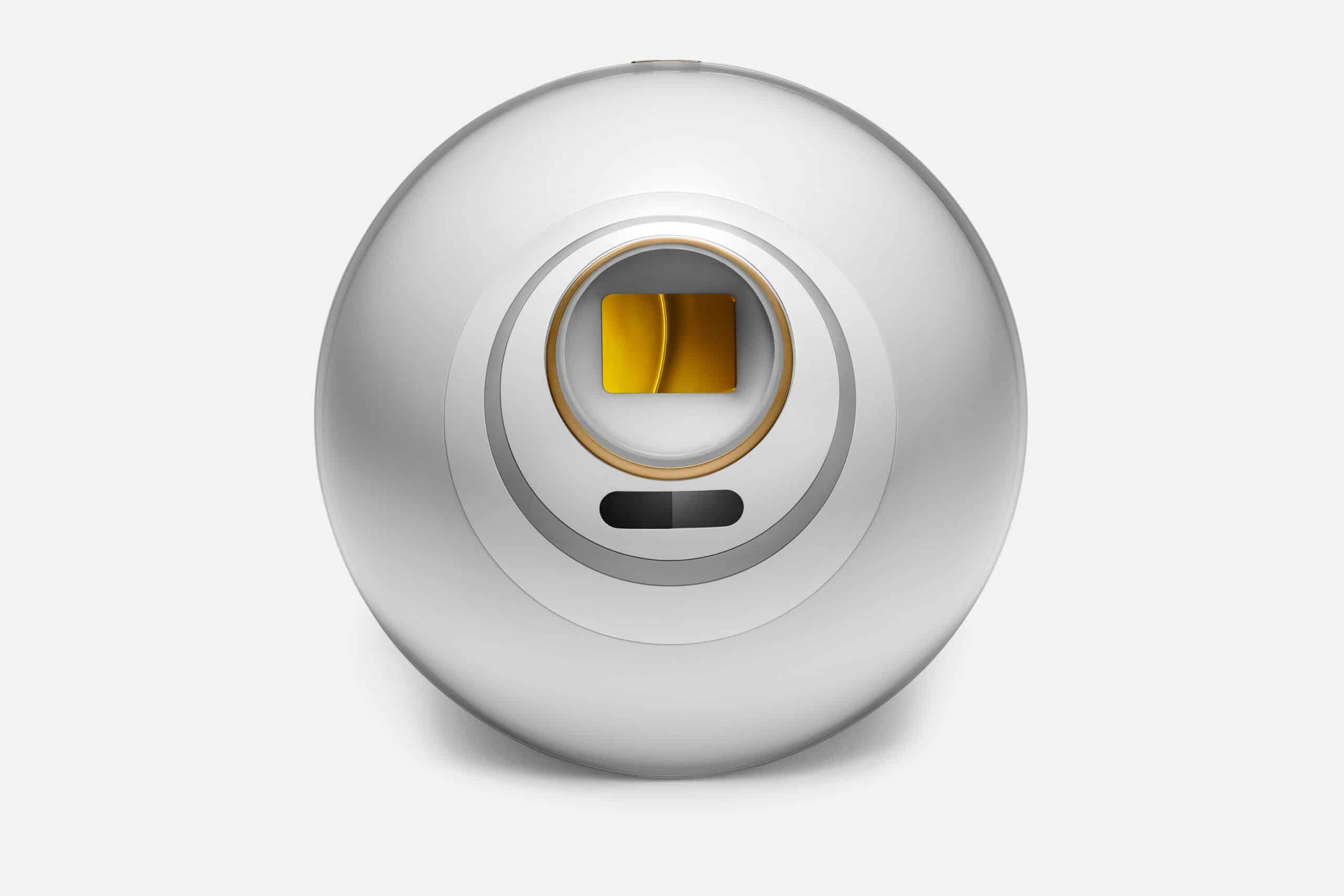With worldwide regulatory scrutiny on Worldcoin mounting, the digital identity project is implementing new user data privacy protections.
Spain and Portugal last month hit Worldcoin, which scans users’ irises to generate a unique identifier, with a three-month ban on data collection. Regulators in both countries voiced concerns over potential invasions of user privacy and a lack of adequate safeguards in place.
As operational obstacles mount, Worldcoin, founded by Sam Altman of OpenAI, on Tuesday said it would for the first time allow users to “unverify” their personal identifiers. That process involves a Worldcoin user submitting a request for the deletion of their iris data — a process that takes six months. The company also said it would put in place in-person age verification measures to ensure only users 18 or older are using the cryptocurrency service.
Before the option to unverify, images of iris scans were deleted by default, leaving only a code representing the scan, a Worldcoin spokesperson said in a statement. Now that code itself can be deleted at a user’s request.
Worldcoin’s token, WLD, had through Wednesday tanked about 30% over the last 30 days, marking a steep dropoff from a surge to start 2024. The price drop may be one indicator that traders have taken note of Worldcoin’s headaches.
Read more: Orb Outrage: Worldcoin Cofounder Defends Project Amid Backlash
‘Necessary Guardrails’
Kadan Stadelmann, chief technology officer for multi-chain developer Komodo Platform, said that Worldcoin’s incoming age verifications and iris data deletion measures are “both necessary guardrails.”
“Users and regulators are definitely justified in being concerned about Worldcoin,” Stadelmann said. “Allowing a third party to completely manage user personal data is the antithesis of what the crypto space is supposed to represent.”
Jonathan Padilla, chief executive officer of Web3 data firm Snickerdoodle Labs, said that Worldcoin is just one of many companies that are squaring off against regulators who are amping up their consumer privacy protection efforts — especially so in the European Union, which is “getting very, very concerned about the right to be forgotten.”
“That’s core to privacy regulation,” Padilla said. “And if you have blockchains that are immutable, it gets very, very difficult there.”
In late March, Worldcoin rolled back the option for users to entrust its platform with the encrypted storage of their iris data. Users now, the company said, will have their data stored exclusively on their personal devices.
“This doesn’t surprise me in terms of what’s happening with Worldcoin,” Padilla said. “I think this is them trying to soften their position and offer an easier way for governments to kind of accept this, especially governments that may want to do their own form of sovereign identity.”
Getting users to buy into privacy is crucial for companies looking to use the service. The value proposition for companies working with Worldcoin is “consuming the group of people who are Worldcoin users,” a source close to Worldcoin said.



